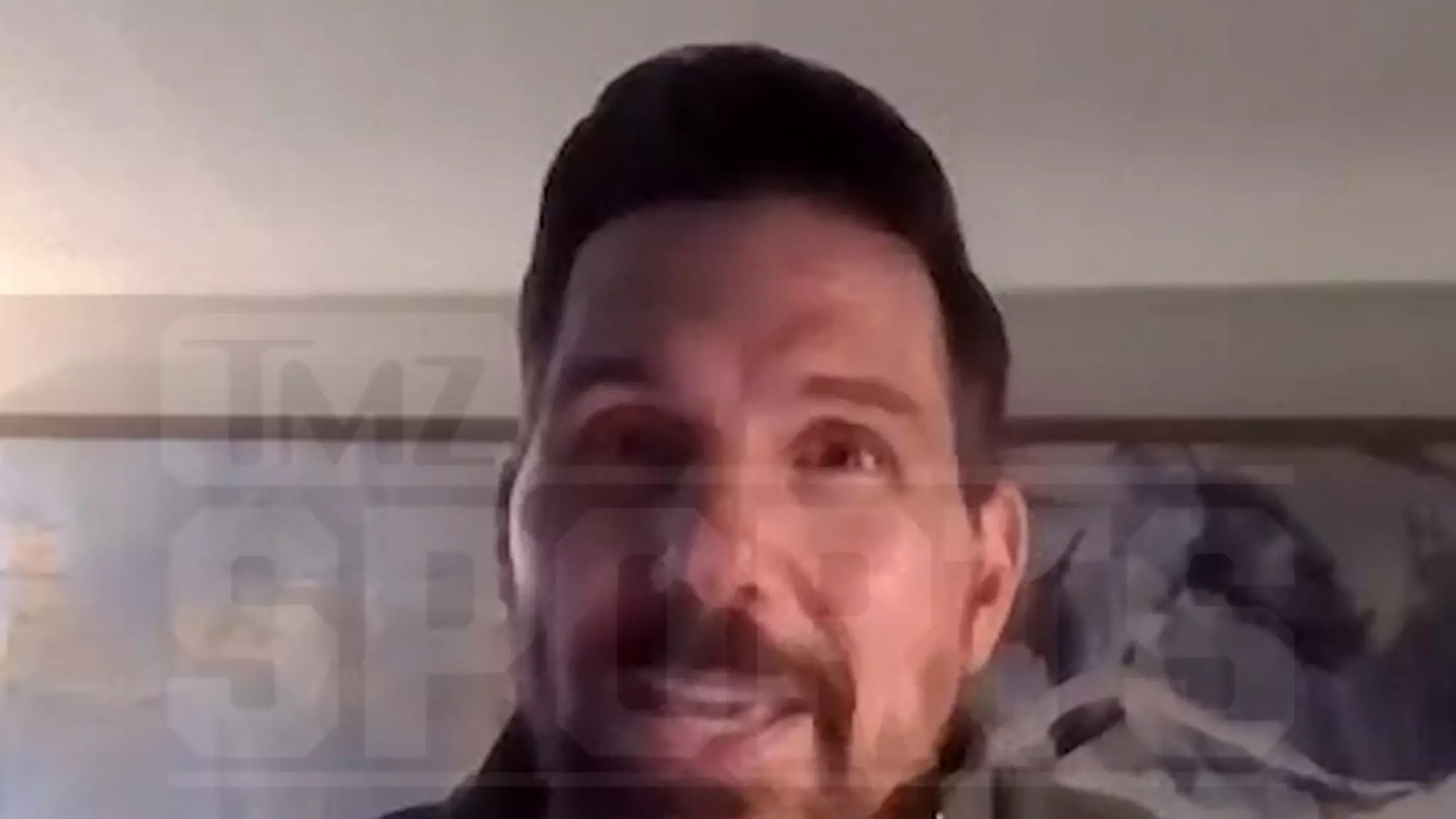In the world of professional sports, allegations of conspiracies often arise, particularly when teams experience a streak of favorable officiating. Recent discussions surrounding the Kansas City Chiefs and their path to the Super Bowl have ignited theories suggesting that the NFL is rigging games in their favor. However, Dean Blandino, the former head of NFL officiating, has unequivocally debunked these notions. His assertion serves as a reminder that while controversies and heated debates may circle around officiating, the realities are often more mundane than they appear.
Blandino, who oversaw the officiating between 2013 and 2017 and currently works as an analyst for FOX Sports, stated emphatically that he has no knowledge of any such conspiratorial activities within the league’s operations. If there were indeed a secret plan to influence the outcomes of games, he would likely have been a key player in that scheme. His experience lends credibility to his words, suggesting that the NFL’s officiating process is not as nefarious as some fans might believe.
According to Blandino, the perception of biased officiating towards teams like the Chiefs can often be attributed to mere coincidence rather than a deliberate agenda. He highlighted that every NFL team can experience favorable and unfavorable calls over the course of a season. This inherent randomness is part of the game, and while it can lead to frustration among fans and players, it does not suggest a systematic bias by the league.
One particular moment during the AFC Championship Game, involving a controversial play by quarterback Josh Allen, may have further fueled these conspiracy theories. Blandino pointed out that while certain calls might swing the momentum, they eventually balance out over time. This statement is pivotal for fans worried about officiating impacting the outcome of crucial games.
As the NFL evolves, so too does the conversation regarding rules and officiating practices. Blandino predicts that the league is not likely to make changes that specifically target the Chiefs, as their success has not raised concerns strong enough to warrant league interventions. However, he did suggest that plays like the Eagles’ “tush push” and kickoff rules may undergo scrutiny and possible alterations by the 2025-2026 season.
This kind of evolution speaks to the NFL’s ongoing commitment to improving both the safety and fairness of the game, rather than a reaction to the perceived injustices dictated by officiating errors. Such adaptations could represent a meaningful step in addressing fan concerns about fairness without resorting to notions of conspiratorial schemes.
The narrative around NFL officiating and supposed conspiracies often oversimplifies the complexities involved. Blandino’s perspective sheds light on the randomness of human judgment in officiating, emphasizing that while mistakes will happen, these do not denote a structured attempt to manipulate outcomes. As the NFL continues to navigate the intersection of technology, player safety, and officiating integrity, it is crucial for fans to differentiate between the excitement of conspiracy and the reality of the game. The truth is much more grounded: it is the unpredictability that keeps fans engaged and the sport exhilarating.

